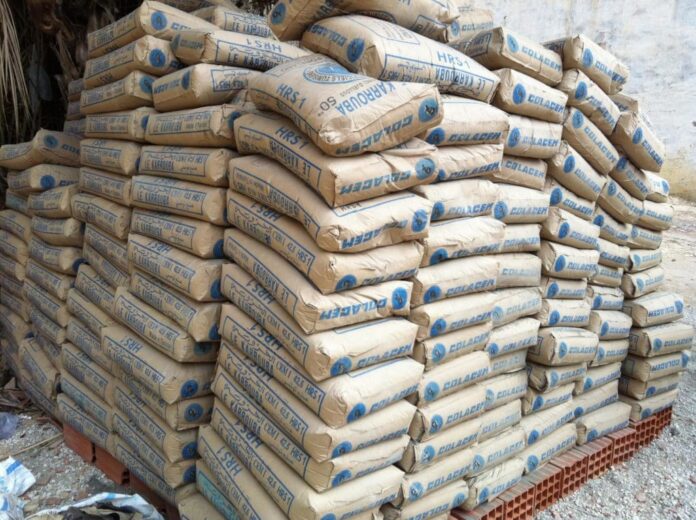PESHAWAR – Cement manufacturers in Khyber Pakhtunkhwa (KP) are facing a potential blow to their profits as the provincial government gears up to change how royalties are charged — shifting from raw material-based rates to a bag-based system tied to factory prices.
Sources within the KP Cement Manufacturers Association confirmed the proposal, which is expected to be part of the upcoming provincial budget. The suggested model would peg royalties to 6% of the ex-factory price per bag — the same formula that’s already triggered resistance in Punjab.
Until now, cement producers in KP have paid a flat 250 rupees per ton of limestone and argillaceous clay — the key raw materials. But if the proposed bag-based system goes ahead, the royalty could climb to 1,100–1,200 rupees per ton, depending on pricing — mirroring the cost structure in Punjab.
Manufacturers say the change would hit hard. A senior industry insider warned that profits would shrink significantly if the government follows through, especially given the margin compression already triggered by input costs. The new model, if adopted, would force companies to recalculate their pricing — or absorb the shock.
The plan is not final yet. Sources confirmed that cement producers met with the Mines and Minerals Department last month to argue their case and explore alternatives. But the department, they say, is leaning towards the bag-based levy to bring KP in line with other provinces.
In Punjab, a 6% royalty on ex-factory price was introduced on 1 July 2024, but local manufacturers took the matter to court. While the legal battle continues, Punjab producers are now operating under an interim stay — with the condition of a bank guarantee.
The stakes are high for KP, whose cement plants do not just supply the local market. Many of them — including Lucky Cement’s north plant, Kohat Cement, Bestway Cement, Cherat Cement, Fauji Cement, Fecto Cement, Askari Cement, and Saif Cement — sell a significant share in Punjab, where previously lower raw material costs gave them a competitive edge.
Now, with costs likely to rise, that advantage could disappear. According to industry figures, cement plants in Punjab already pay around 1,500 rupees more per ton in raw material costs than those in KP — making the royalty debate a deeply political issue as much as a financial one.
Shahid Hussain, chair of the Standing Committee on Pak-Afghan-Central Asia Bilateral Trade and a leading cement exporter, believes the industry can take the hit. He told that Pakistan’s cement prices are still lower than global averages — thanks to the fact that 80% of raw materials are sourced locally. He argues that the cement sector is one of Pakistan’s most profitable and export-rich industries, bringing in foreign exchange and topping the Federal Board of Revenue’s chart for sectoral contributions. “There’s no risk to sales,” he said. “Demand is strong. Projects are rolling out fast and cement will keep moving.”
Hussain also noted that profit margins in the cement sector remain higher than in most industries, even with multiple layers of taxation already in place — including withholding tax, sales tax, excise duty, and income tax.
Still, not everyone’s convinced the change is locked in. A senior official from the Khyber Pakhtunkhwa Mines Department denied that any final decision had been made and dismissed the reports of a confirmed policy shift.
For now, the cement manufacturers are in limbo — waiting to see whether the province will follow Punjab’s footsteps or carve its own path.




